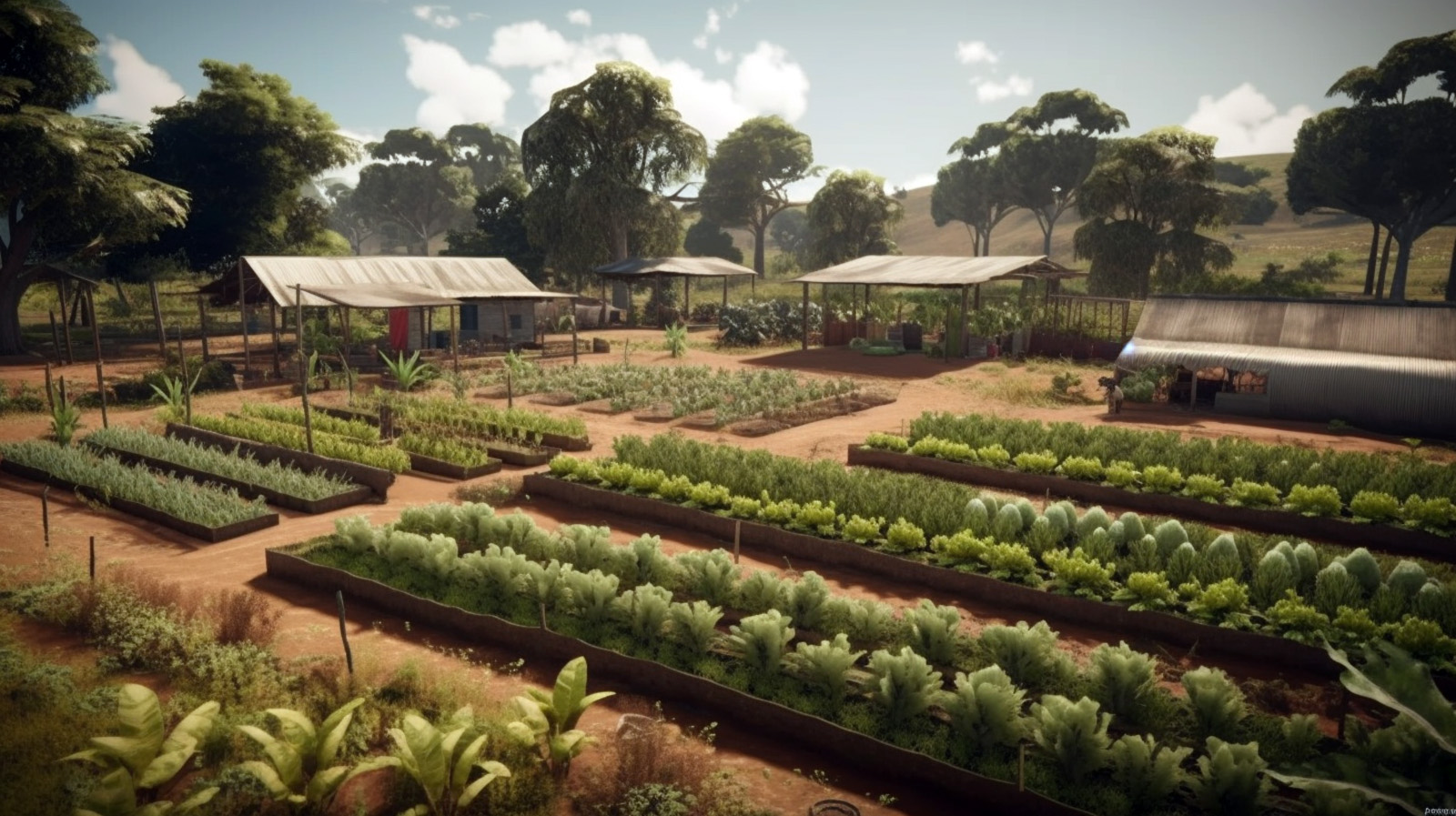- In a rapidly changing world, sustainable agriculture emerges as a vital solution to addressing food security, protecting the environment, and ensuring the well-being of future generations. As the global population continues to grow, the demand for food increases, immensely pressuring our planet’s finite resources. Sustainable agriculture seeks to balance meeting the world’s nutritional needs and preserving the environment on which we all depend.
- Sustainable agriculture promotes the cultivation of diverse crops, efficient use of water, and careful management of soil health, which are essential to maintaining a healthy ecosystem. By adopting sustainable farming practices, farmers can increase their crop yields, reduce the use of chemical inputs, and minimize their environmental footprint. Such practices include crop rotation, cover cropping, conservation tillage, and integrated pest management, among others. These techniques not only improve the productivity and resilience of farms but also contribute to mitigating climate change by reducing greenhouse gas emissions and enhancing carbon sequestration.
- A significant aspect of sustainable agriculture is the emphasis on local and regional food systems, which prioritize the consumption of food produced within the community or in nearby areas. By supporting local farmers and reducing the distance food travels, we can minimize the energy and resources spent on transportation, ultimately reducing our carbon footprint. Local food systems encourage the preservation of traditional farming knowledge, biodiversity, and cultural heritage while promoting healthier and more diverse diets.
- One of the key challenges in promoting sustainable agriculture is the need for capacity building and knowledge sharing among farmers, especially in developing countries. By providing training and access to resources, we can empower farmers to adopt sustainable practices, improve their livelihoods, and contribute to global food security. It is crucial to engage all stakeholders, including governments, NGOs, research institutions, and private sector partners, in supporting sustainable agriculture initiatives and developing innovative solutions to the complex challenges we face.
Sustainable Agriculture: A Path to a Healthier Planet and Food Security
